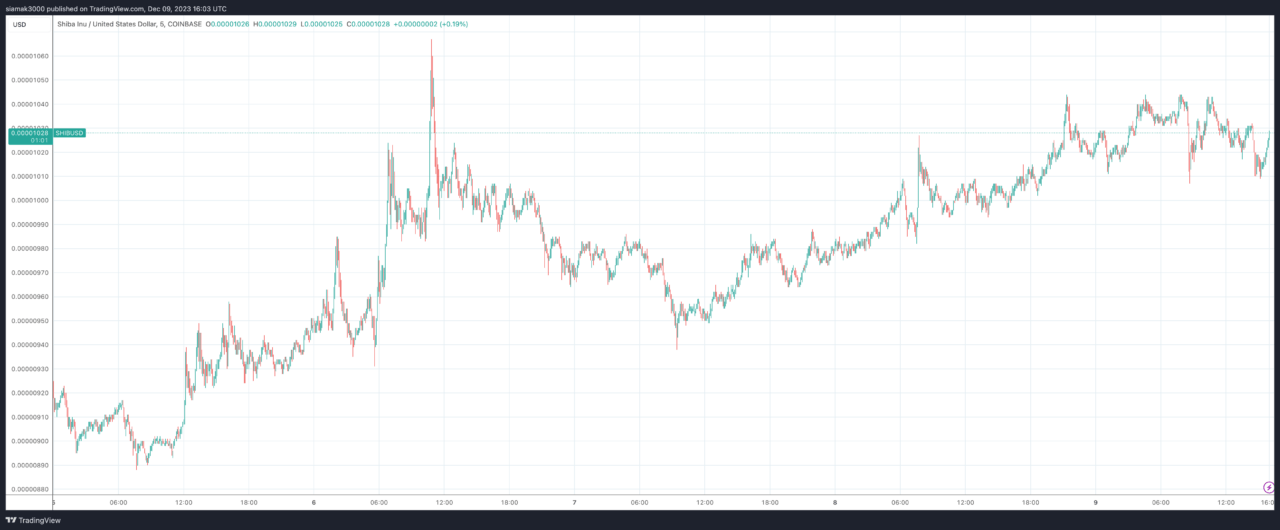Shiba Inu, commonly known as SHIB, is a cryptocurrency that emerged in August 2020. It was created by an anonymous entity known as “Ryoshi.” Named after the Japanese dog breed and often categorized as a “meme coin,” SHIB has gained significant popularity, partly riding on the wave created by Dogecoin. As an ERC-20 token, SHIB is built on the Ethereum blockchain, benefiting from Ethereum’s robust and secure network. Unlike Bitcoin’s limited supply, SHIB started with a quadrillion tokens, with a notable portion burned or removed from circulation by Ethereum co-founder Vitalik Buterin, who also donated a part to charity.
SHIB is central to a larger ecosystem that includes other tokens like LEASH and BONE, each serving unique roles within this ecosystem. The Shiba Inu community also developed ShibaSwap, a decentralized exchange platform for trading and staking tokens. While SHIB is often seen as a speculative investment with high volatility, it maintains a strong presence and community engagement in the cryptocurrency market.
According to data from TradingView, as of 4:05 p.m. UTC on 9 December 2023, SHIB is trading at around $0.00001031, up nearly 20% in the past 24-hour period.

The Shiba Inu community, engaging in discussions on platform X, compared Ethereum’s transaction fees and speed with those of Shibarium. Clifford, a user on the platform, noted that Ethereum’s transaction fee, though lower than the initially claimed $31.62 at $1.33, was still much higher than Shibarium’s modest fee of $0.043 per transaction.
Another community member emphasized Shibarium’s economic efficiency and scalability, pointing out that while Ethereum processes around 13-14 transactions per second, Shibarium manages five times that amount within the same timeframe.
Shytoshi Kusama, Shiba Inu’s lead developer, contributed to the discussion by stating that Shibarium can process up to 200 transactions per second. Echoing this, Kaal Dhairya confirmed that Shibarium’s current rate of 200 transactions per second is due to the present block limit for certain transactions.
Dhairya also revealed that Shibarium’s actual capacity far exceeds 200 transactions per second and shared plans to further increase Shibarium’s processing speed in the upcoming hard fork, allowing the network to handle a larger volume of transactions.
As of the latest report, Shibarium has processed a total of 68,185,683 (68.18 million) transactions. Remarkably, since 2 December 2023, the network has consistently processed over 7 million transactions daily. Shibariumscan data shows that the network recorded 7.89 million transactions the previous day.

Featured Image via Unsplash









